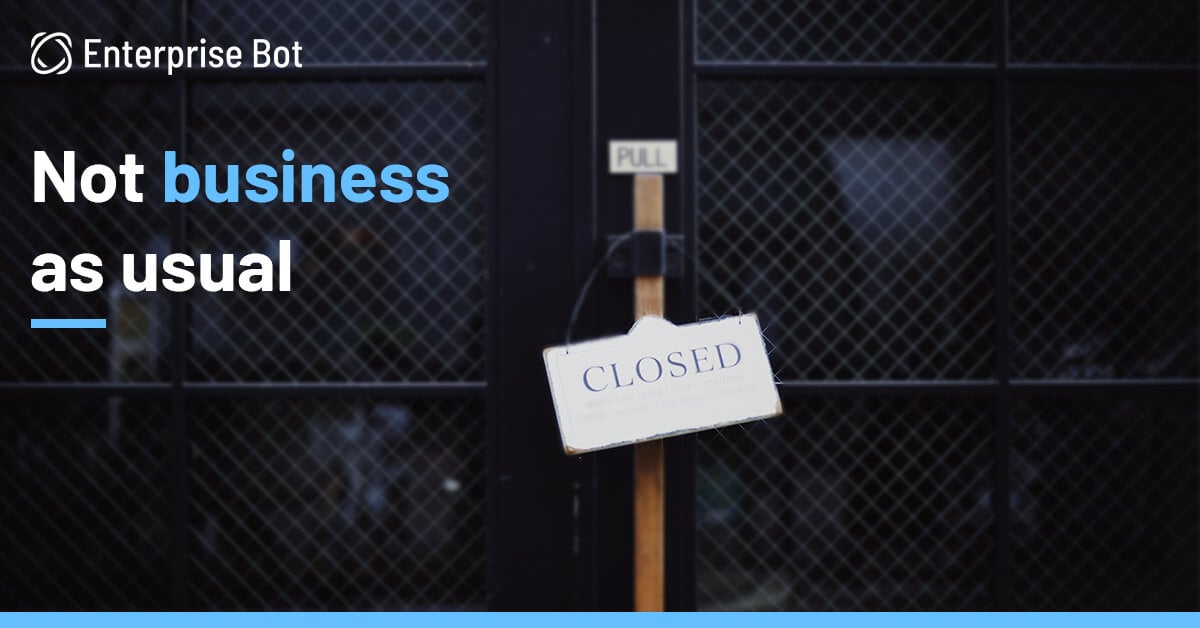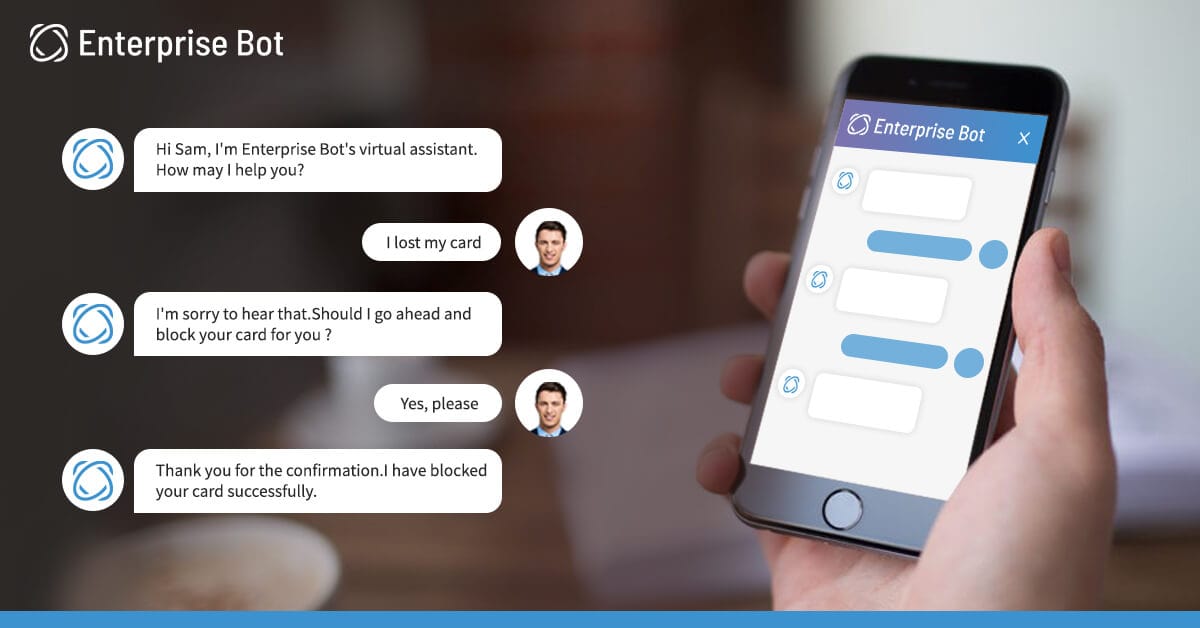How Virtual Assistants Make Global Supply Chains More Secure

The disruption caused by government responses to the coronavirus pandemic worldwide, has reinforced the need to implement virtual assistants for global supply chains, making them more secure. Below is a description of how AI powered automation will mitigate and prevent risks involving quality, security, fraud, and market conditions.
They can Identify Cyber Threats
Those working in the IT and cyber security industry are well aware of the fact that high levels of data attract hackers; who are known to target international supply chains. However, by using a virtual assistant which incorporates AI and machine learning, it will utilize algorithms that can detect cyber threats at an early stage and avoid the guesswork that is so common among human operators.
AI data crunching will play a crucial role in this process, since the level of data that is being generated has become a major cyber security challenge. As a result of more systems are becoming instrumented, the challenge is shifting from recognizing that an event has transpired to highlighting abnormalities well in advance.
They can Analyze and Procure Data
Virtual assistants can be used for the purpose of generating reports, which can be provided daily, weekly or monthly, depending on what suits your operations best. These reports are essential, as they will offer supply chain management options along with business and data insights that are actionable and quantifiable. Procurement is another task that can be performed by virtual assistants, and it consists of tasks like making purchase requests, communicating with suppliers, and following up on client orders. They can also establish and transmit instructions regarding legal, safety, and quality compliance.
They can Communicate and Engage in Inventory Control
The primary goal of virtual assistants is to communicate, and the better they are at this task, the more secure your supply chain will be. For instance, they can be used to process delivery queries or converse with prospective clients. The most advanced models can even be used for shipping price negotiation, research involving export and import compliance, and finalizing freight costs.
Quality inventory control is also a necessity. The virtual assistant can review it and assess things such as merchandise perishability, demand and supply ratio, as well as supply trends. They can help manage warehouses and keep up to date on stock and dispatches, while informing you of product requirements.
They are Immune to Illness and can Work Day and Night
Unlike humans, virtual assistants don’t need to sleep or rest, can work around the clock, and are immune to illness. Research shows that global losses resulting from supply chain disruptions caused by coronavirus restrictions and lockdowns, totaled to trillions of dollars. By using virtual assistants, your applications will be automated and they can even drive machinery. The most advanced programs are capable of complex operations and can multi-task with ease.
While human managers will still be needed, virtual assistants have become a necessity for securing supply chains worldwide and ensuring that consumers are able to get the merchandise they need, when they need it.


